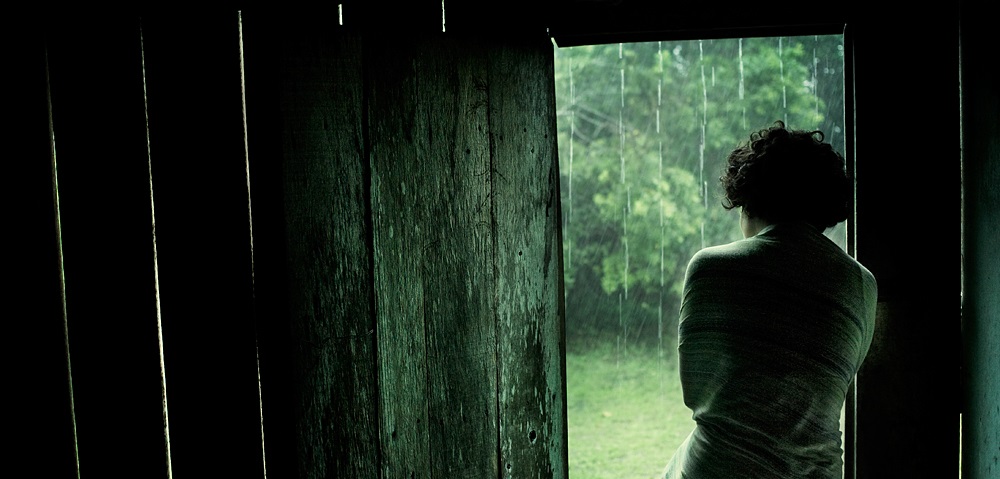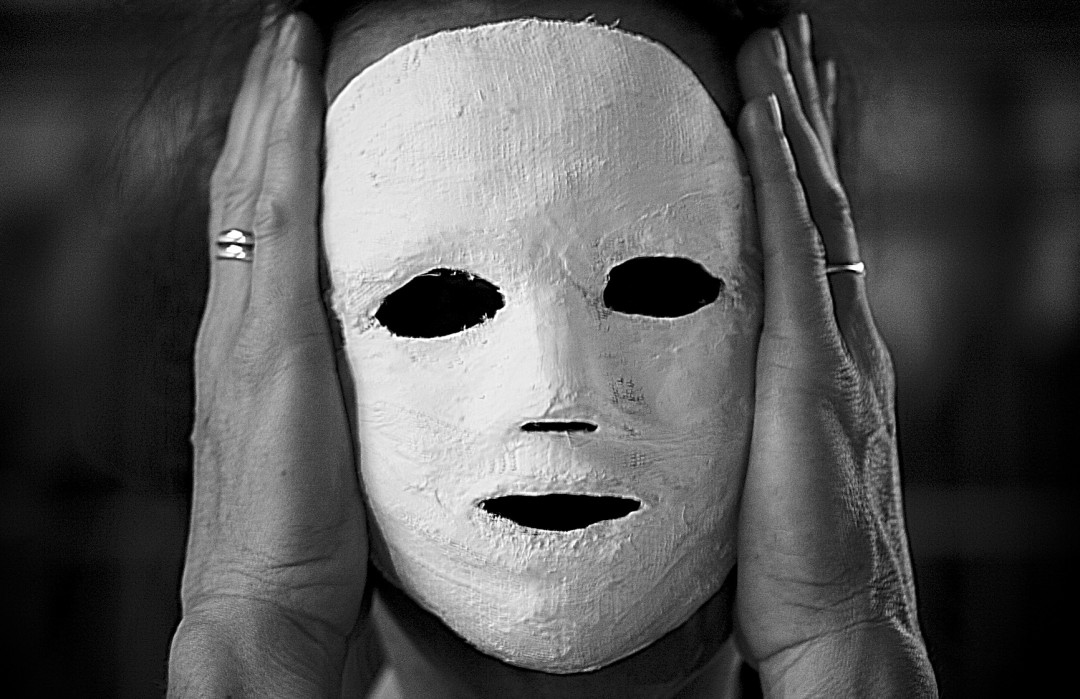I became aware of the #metoo movement on October 15 last year. The next day, I did something I had never done before: on facebook, to my friends, I named the men who had assaulted my body and were the reason why I could say “me, too”– I named the places where it happened, the churches where these men still serve. I pointed to the men who are responsible for the damage I have to live with, and to the power structures that still prop them up. In a way, it was liberating. I’ve carried their names inside of me for years, and every time I would describe the assaults, my soul raged at the idea that I was talking about what they had done to me while ceaselessly protecting them. It was an exhausting burden to carry, and it was a relief to finally watch it tumble away from me.
Not everything about the #metoo movement has been that liberating or relieving, however. While it was good to finally see some consequences for some people, as I watched basically every woman I’m connected to say “me, too” I braced myself for the inevitable retaliations. The response to Al Franken’s callous humiliation of a co-worker was unsurprising, but still infuriating. I could practically see the shoe dropping, though, when I read Grace’s story about her sickening evening with Aziz Ansari. I knew we were about to see a flood of articles titled “has #metoo gone too far?”
I don’t know why I was surprised when I saw a friend defend what he’d done, saying “don’t blame a lousy lover for trying his best” and arguing that Grace was at fault for going back to his apartment in the first place. This man was also a survivor of sexual assault. I’d trusted him, assumed he was safe. It was a bitter revelation to discover he wasn’t.
The miserable reality of #metoo is that when women talk about all the assaults and humiliations we endure, we’re not often talking about reportable, criminal offenses. One of the first men I met in the county where I live assaulted me—he grabbed my ass and tried to get his fingers up my shorts to touch my genitals. I fought him off me and yelled at him, only to be berated by his peers for being mean to him. Nothing he did that night was illegal in the state we were in.
When I say “me, too” I’m usually not thinking about the rapes I ultimately reported to the police. I said no, I fought back, and nothing I did mattered. Those experiences haunt me, but I’ve been able to process them, and heal from them.
What crushes me nearly every day is the countless Other Times he assaulted me. The Other Times that I can barely stand to think about. The Other Times that cause my traumatized brain to whisper horrible, frightening lies.
***
Handsome and I have been married for five years, together for six. Our love life just seems to keep getting better, too—although it does look significantly different from the beginning. It’s still thrilling and passionate, but it’s also … comfortable. There have been plenty of times when I’ve initiated sex—or he has—where neither of us are feeling totally ga-ga gangbusters awooooogah. Sometimes that still happens, but what’s more common is one of us gets horny and the other says “yeah, sure, I’m down for that” and gladly responds to encouragement, even if we didn’t start out “in the mood.” If we ever have children, that situation is likely to become even more our normal. I’m sure many people in long-term relationships are nodding their heads in understanding.
However, the trauma that’s left scars deep in my mind and my soul can be vicious. At the oddest times, it’s like I can hear an actual whisper: how is what you do with Handsome really any different from what you say were assaults? If you broke up with Handsome, would you accuse him of assaulting you, too?
I know those are lies. I know it. I know that the difference between what that abuser did to me and the sex I have with my partner are like the contrast between night and day, or black and white. Those experience cannot be compared. They have nothing in common.
When I hear a respected friend say something like “don’t blame a lousy lover for trying his best,” though, I want to curl up and die. Something at the bottom of my sternum shatters and then shrivels into dust because I suddenly know what he thinks of me. I know that if I were to put out a video recording of all those assaults, people like my friend would say I deserved it. I should have communicated better. I should have left. Those weren’t really assaults, he was just a lousy lover.
***
Most of the horror I endured in that abusive relationship were the Other Times, and they usually went something like this:
The abuser picks me up from the airport, or drives me to a friend’s house. I’m delighted to see him, because we live in different states and usually only see each other at college. On the drive, he’ll pull over somewhere and want to kiss me. At first, I’m thrilled. He’s not the best kisser in the world, but I’m just so happy that I love him and he loves me, and isn’t that what people who love each other do? So I kiss him. Maybe I play with his hair, or touch his shoulders.
He grabs my hand and puts it over his zipper. I pull my hand away from his, but he’ll get insistent. Over time, this is the moment when I learn to be afraid. I start the oh-so-careful dance of trying to stop this without getting hurt … but I am rarely, if ever, successful. He pushes my hand back to his zipper, and encourage me to undo it. I’ll resist, at first, and make mumbling negative noises, but he keeps my motionless hand trapped there while he thrusts into it. I’ll draw my body away from him, stop kissing him, and suggest we keep driving home, or to his friend’s house. He’ll ignore me.
He starts touching me above my clothes, then under them. I’ll shrink away, over and over, putting his hands back on top of my clothes or making distressed sounds. He’ll never stop. Eventually, his hands will be inside my underwear and he’ll be pawing at my genitals, kissing my lips, my neck, saying he just wants to make me feel good. I’ll try to dissuade him, to say that I know and I love him and I’ll lie and say he does make me feel good – I know what happens when I don’t try to soothe his ego when I refuse him, and it’s painful—but say we should keep driving, we’ll be late, his parents will notice we were gone too long. He doesn’t stop.
He shoves his fingers inside and it hurts so bad and sometimes I whimper, but it never matters. I learn that the fastest way to end all this is to fake an orgasm—if I don’t, he’ll just keep pumping until I’m raw and he’s yelling at me for being frigid. Sometimes at that point he’ll grab my head and force it into his lap and I’ll blow him because what is even the point of resisting, of saying no, when it never matters? The handful of times I’ve tried to be forceful … end badly. Eventually, I always quit fighting. I give up. I’ll just … lay there, or sit there. Grit my teeth and get through it. Sometimes, I’m even able to fake being engaged, sometimes I don’t even put up that little bit of resistance because everything else is just so much easier if I don’t try to fight him. It goes faster, it’s over faster; he’ll even be happy and content for a while and won’t call me a goddamn fucking bitch for making everything so difficult.
***
People are going to read me describing all that and agree with my friend. How dare I call this person an abuser, how dare I say these are assaults? If I didn’t want any of that to happen—especially repeatedly—I should’ve broken up with him. Instead of pulling away from him over and over, of repositioning his hands, instead of saying “maybe we should stop” or “your parents are going to notice we’re late” or “we should start driving” I should’ve screamed “NO!” and thrown myself out of the car. If he forced my head in his lap and his cock into my mouth, it was “confusing” and “mixed signals” for me to suck it. It’s my job to stop him.
It’s not his job to care. He’s just a lousy lover, after all.
***
I consider what Aziz Ansari and my abuser did assault. Perhaps not prosecutable, but assault. I consider it assault for the simple reason that if my abuser had ever given a shit about me, none of those Other Times could have happened. The Other Times are the result of an abuser who did not care about anyone besides himself. He did not care about making sure I was happy, that I was comfortable, that I was excited and wanted him to touch me. It never mattered to him that I was miserable, that I was obviously not interested. The only thing that mattered was keeping my resisting body in the car with him, and he did whatever was necessary to ensure that happened.
So did Aziz Ansari—he did whatever it took to keep Grace in his apartment, even though she moved away from him, even though she said “I don’t want to hate you” or “maybe on a second date.” It didn’t fucking matter that she was unhappy, and not having an enjoyable, pleasant encounter. As long as she didn’t leave—which she eventually did—he could do whatever he wanted. It was her job to stop it, and not his job to care.
That is the difference between my abuser and Handsome. That is what makes the difference between night and day. Handsome cares about me, about my happiness, about my engagement, about my pleasure. He doesn’t badger me until I give in, doesn’t use coercion to keep me in the same space as him. I matter to him. My happiness is fundamentally important to him.
This is what the #metoo movement needs to change: it’s not about what it should take for a woman to get a man to stop, or what an acceptable amount of resistance is before it crosses a line. It should be about men believing that being decent matters, and women matter, and caring about us matters.










